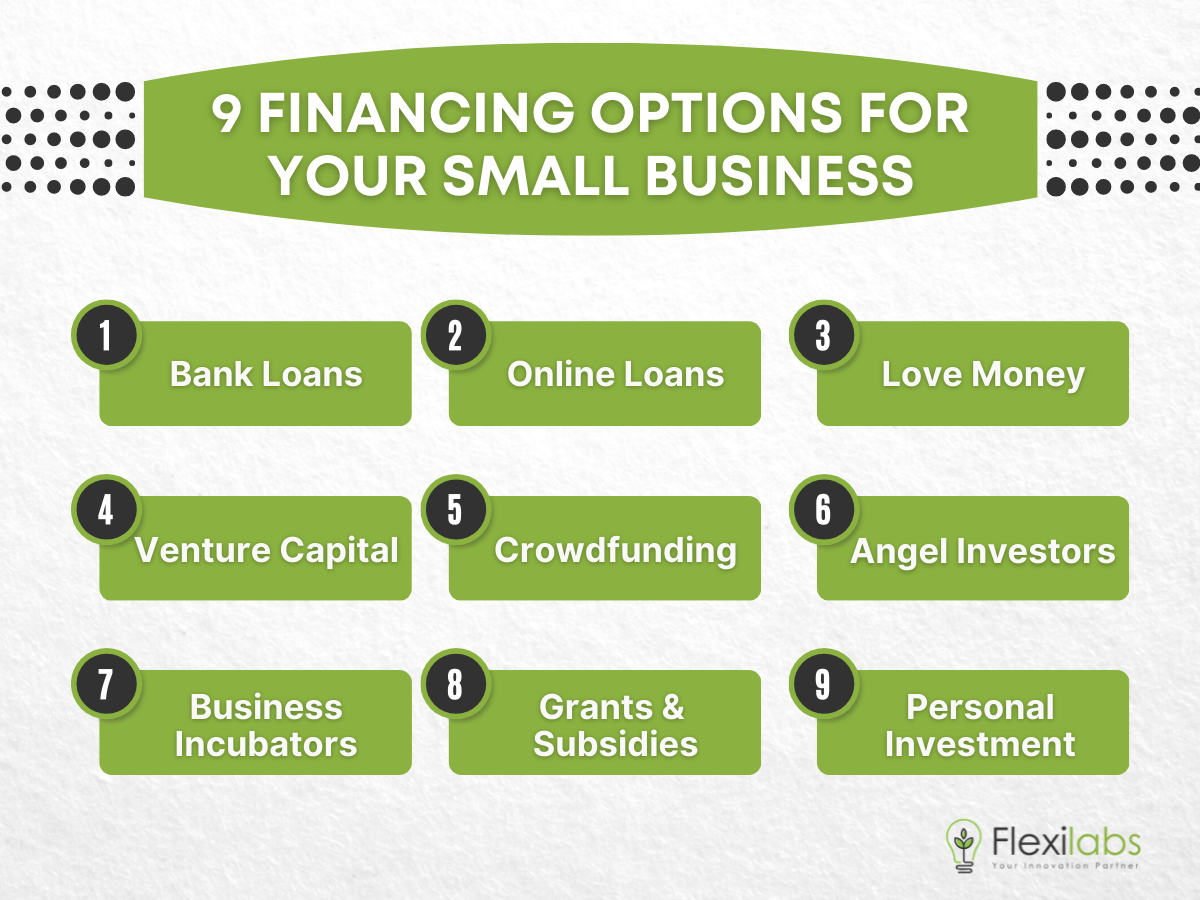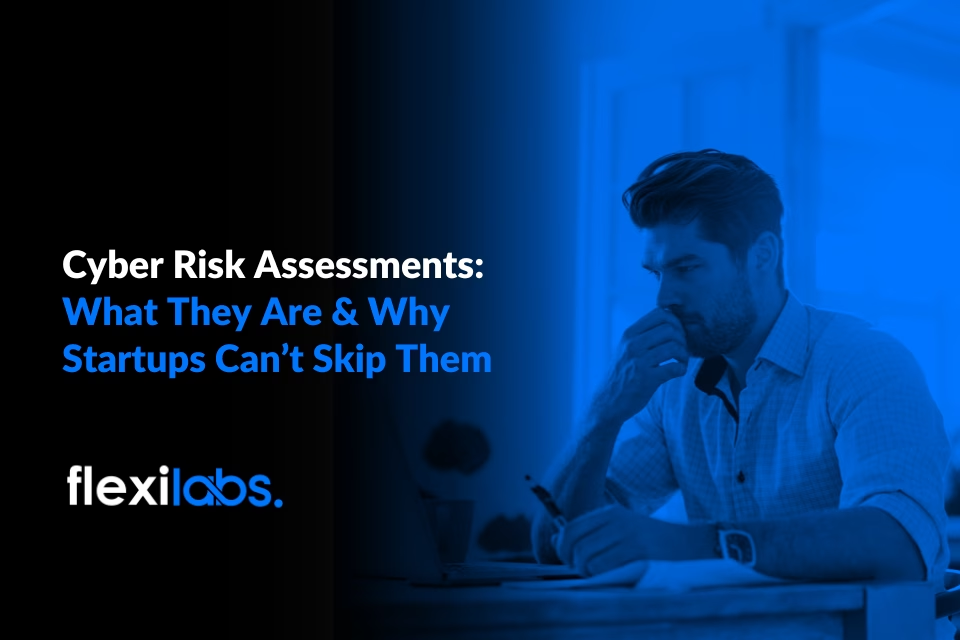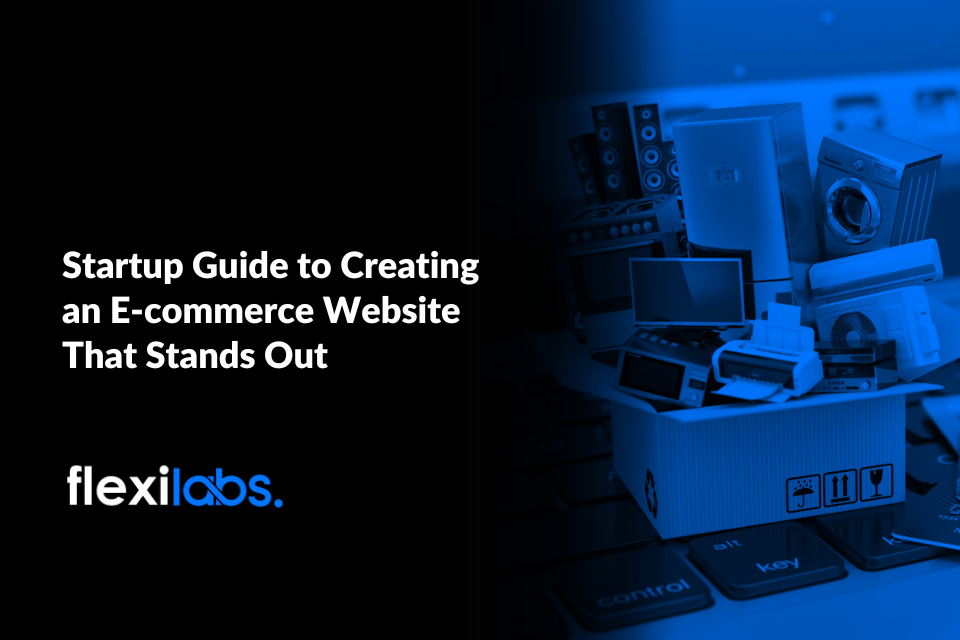Business funding can give entrepreneurs a much-needed boost, especially for small business owners. Any funds you receive will make a difference in helping you thrive or survive.
Getting funds can be pretty straightforward, depending on your preferred financing options. However, choosing one from a long list can get confusing.
No worries, we got you covered! In this article, we are sharing a list of business funding options that are perfectly suited for small business owners.
9 Financing options for your small business
There are so many financing options. To save you time and effort looking through all the business funding available, we trimmed it down to a convenient list that you can always go back to.

1. Bank Loans
As the name implies, you get business funding from the bank or other traditional financial institutions. It is one of the conventional financing options even to this day.
However, it can be challenging to qualify before you get the funds. You need to submit an application and other requirements. Plus, Loan officers carefully assess other aspects to check your eligibility. Once you qualify, the bank may release the funds later or in increments.
That said, the biggest advantage is that you are getting business funding from an established institution you can trust and build good credit for your small business. In addition, plenty of bank loan options offer lower interest rates and extensive time windows for your loan payments.
2. Online Loans
This is one of the most convenient financing options available for your small business. It would be especially handy if you did not qualify for a bank loan or need immediate funds.
Unlike traditional financial institutions, you can apply for online loans from the comfort of your home or office. Plus, their criteria and requirements are fewer and more lenient. This makes it easier to get approval for business funding.
However, since it is an online private lender, there’s a possibility that the interest rates are higher, and the terms and conditions might not be as clear-cut compared to banks.
3. Love Money
Another conventional source for business funding is from your family and friends. For bankers, investors, and seasoned entrepreneurs this is called patient capital or love money.
Since you already have an established relationship and trust with the investors, getting the business funding you need is easier without the formalities like contracts. However, as repayment, they might ask for equity or a percentage of your profit.
You should carefully consider one thing before you ask your family and friends to fund your small business. Think of how this will affect your relationship if you encounter unforeseen negative challenges.
4. Venture Capital
This is one of the financing options that are only fit for selected small businesses. Specifically only the ones with high-growth potential and requires significant business funding. These are usually in industries like IT and communications, to name a few.
The key difference between venture capital is that it is a lot stricter. They require profitable results in a shorter period and expect the payback to be the same. Moreover, venture capitalists sometimes help small businesses carry out high-yield and high-risk projects.
However, in exchange for all their funding and assistance, they expect you to give up some ownership or equity and a healthy return on investment.
5. Crowdfunding
Crowdfunding is one of the financing options that have become more widely popular among small businesses and startups in the past couple of years.
Here, you are pre-selling your products with exclusive additional benefits to get the business funding you need. It is essentially a fundraising campaign where you appeal to people.
The great thing about crowdfunding is that it is online so you have the opportunity to reach more people, build brand awareness, and directly speak to your potential customers. In addition, it is also a great way to gauge whether your idea or product is viable.
However, you need to consider the fact it will be difficult to stand out since there are other small businesses on crowdfunding platforms. Plus, if you do not actively advertise the product and benefits of your fundraising campaign, you will not get the exposure you need to get funding.
6. Angel Investors
This is one of the rare funding sources. Consider yourself lucky if you attracted the attention of these people.
Usually, angel investors are wealthy individuals who are retired industry leaders, seasoned entrepreneurs, and successful executives. These people provide the business funding in the early stages of your small business. Some even offer their experience and network to ensure success.
7. Business Incubators
These programs provide support in the early stage, such as services, business funding, and other resources. These are specifically designed for small businesses at any stage of development to ensure that they thrive.
Usually, business incubators are available for small businesses that are in the IT and highly technical sectors. Incubators provide specific services and help develop businesses for up to two years or when a product is ready.
8. Grants & Subsidies
Procuring grants or subsidies is one of the challenging financing options available for your small business. It is strict for venture capital and has plenty of requirements before you qualify, like bank loans. But the competition for eligibility is a lot more fierce.
The best thing about this specific business funding option is that the government and government-owned organisations usually provide it. You don’t need to offer equity, repayment, or shares of your profit.
9. Personal Investment
Lastly, investing in your business is also another financing option. Normally, you get business funding from dipping into your savings, investments, and assets. In some instances, your 9-5 job is your funding source, especially in the early stages.
It is a personal risk that you take on to ensure that your small business survives and thrives.
Is the “X” financing option right for your small business?
Any of the financing options available can give your small business the boost it needs.
That said, you need to carefully consider every financing opportunity. You can still get the business funding you need, one way or another. But, at what cost are you willing to pay to get it?
- Are you willing to give up shares or control of your company?
- Are you willing to go through lengthy application processes with no guarantee you will get the funding you need?
- Are you willing to risk losing the trust of your family and friends?
- Are you willing to sacrifice more of your time to generate the funds yourself?
At the end of the day, it is your decision. So make sure to check if you really need business funding right now and weigh in the pros and cons.
Got a business idea that you have been thinking about? Visit our website and learn how you can turn your idea into your business.










